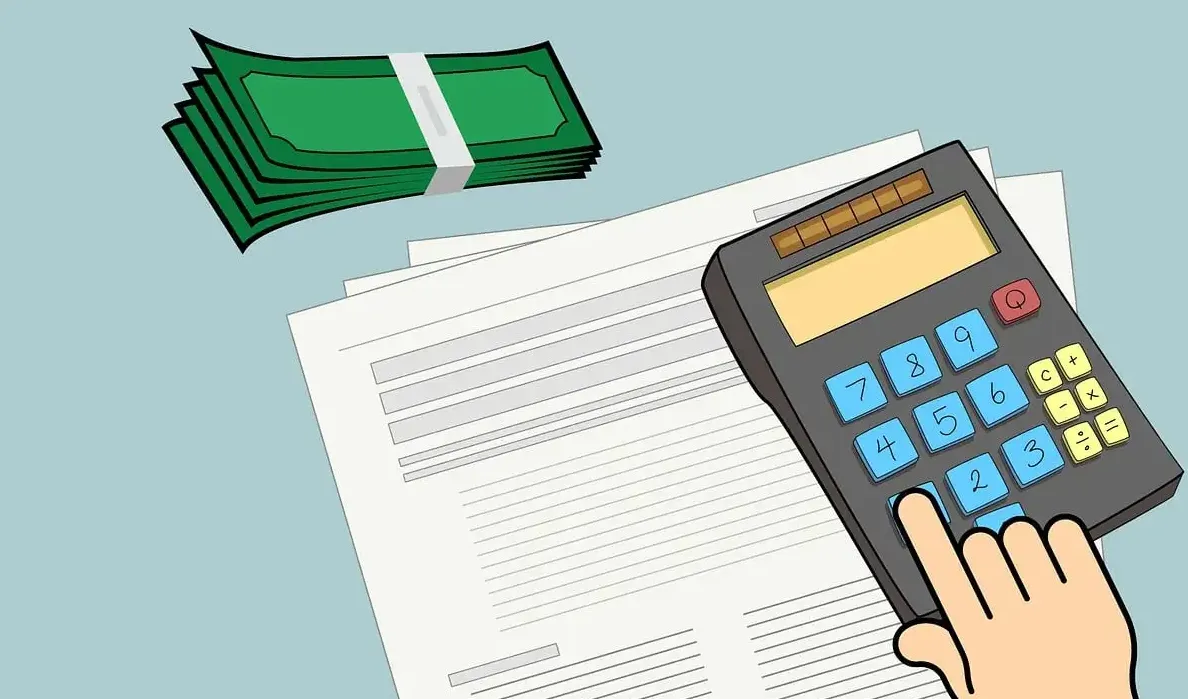Personal Finance News
Income Tax saving: Common tax-planning mistakes to avoid before March 31 deadline

2 min read | Updated on March 29, 2024, 16:56 IST
SUMMARY
Income Tax saving: Taxpayers should ensure all documents are in place for their tax-saving investments, including premium payment certificates, investment receipts, loan certificates, etc. Incomplete or erroneous documentation can result in fines, tax scrutiny, penalties, or even legal action in the future.

Often, taxpayers fail to take full benefits of their investments.
The financial year (FY) 2023-24 ends in two days on March 31, 2021, which gives taxpayers the last opportunity to save their taxes for the fiscal year. However, many taxpayers make mistakes because of last-minute rush and panic. In this article, we will discuss a few common mistakes you should avoid while tax planning for FY 2023-24.
Overlooking Section 80C and Section 80CCD(1b)
Under the old tax regime, Section 80C of the Income Tax Act allows taxpayers to claim deductions on investments of up to ₹1.5 lakh annually and additional relief of ₹50,000 for the National Pension Scheme (NPS) contributions under Section 80CCC(1b).
Often, taxpayers fail to take full benefits of their investments. Hence, considering all available options is essential to maximise tax savings.
Investing more than needed
Amid last-minute panic, taxpayers may invest more money than they have to save tax. It is best to consider tax-saving investments like house rent, education loans, and home loans before investing the remaining amount.
Incomplete documentation
Taxpayers should ensure all documents are in place for their tax-saving investments, including premium payment certificates, investment receipts, loan certificates, etc. Incomplete or erroneous documentation can result in fines, tax scrutiny, penalties, or even legal action in the future.
Not exploring all investment methods
Apart from traditional tax-saving methods like Public Provident Fund (PPF) and National Savings Certificate (NSC), taxpayers can explore other options like equity linked savings scheme (ELSS), National Pension Scheme (NPS) and united linked insurance plans (ULIPs) for additional benefits and higher returns.
Not taking professional advice
Tax planning can be complex. Hence, one can consider consulting a financial planner or a tax advisor to prepare your tax-saving strategy that meets your goals.
About The Author
Next Story

